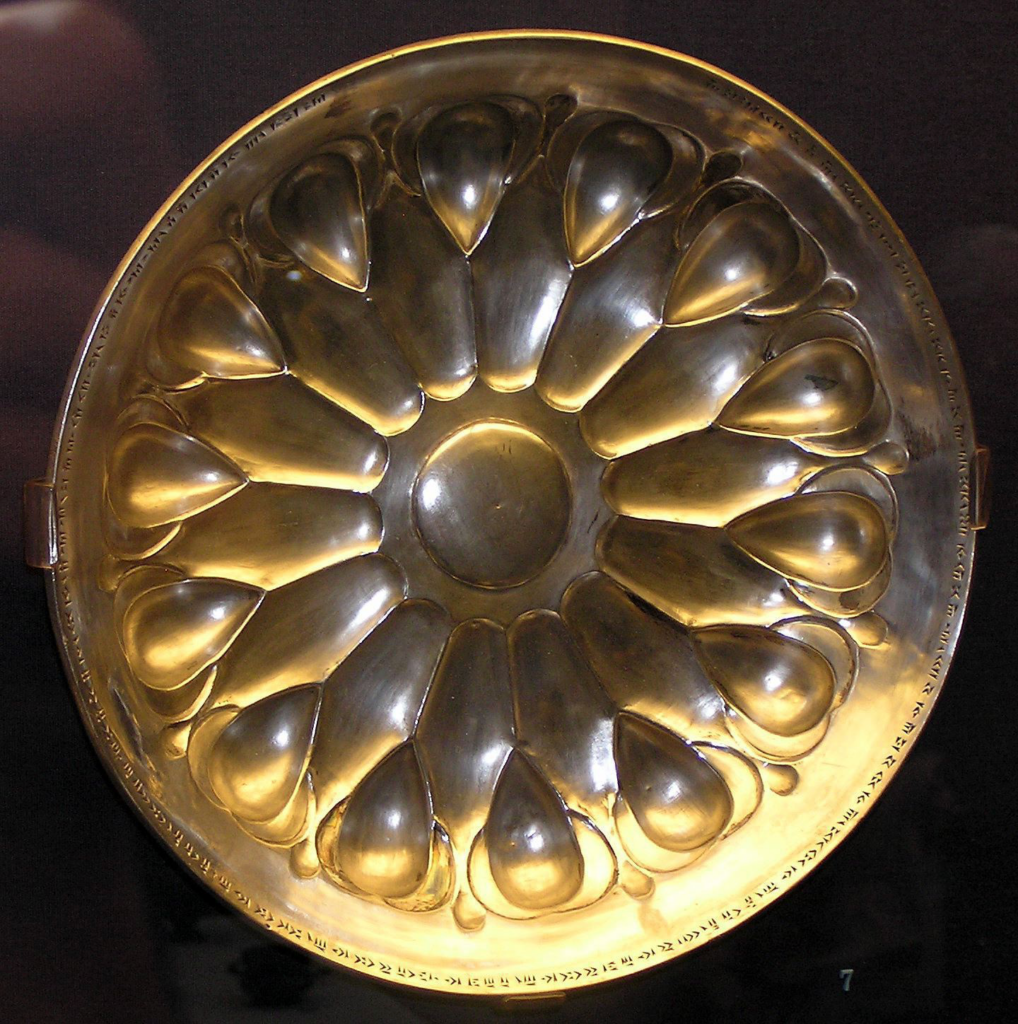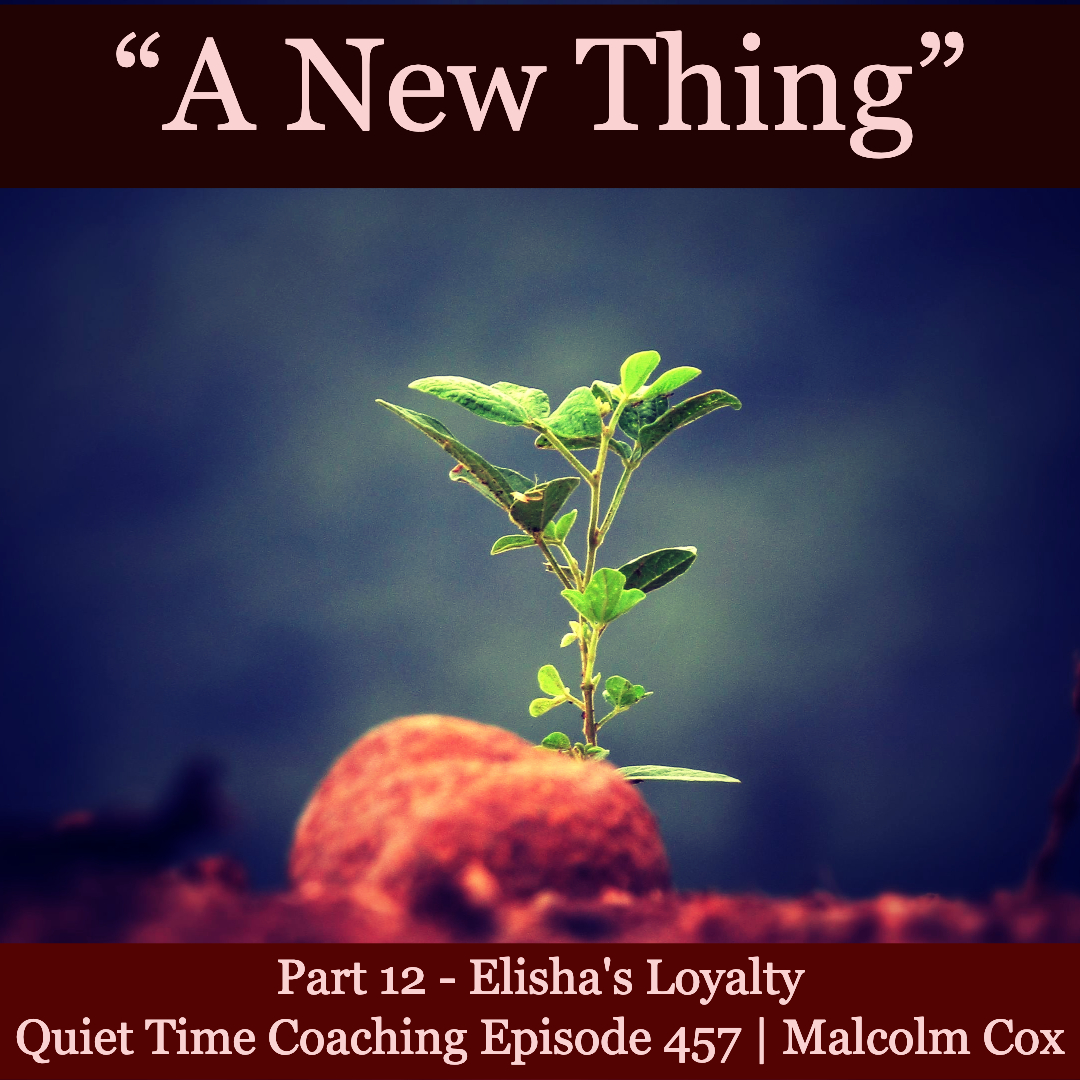
Introduction, Nehemiah 1.1-3

- Inscribed silver bowl from the palace of Artaxerxes I (464–424 B.C.). The inscription clearly identifies this bowl as having been made in the palace of Artaxerxes I. As cupbearer to Artaxerxes (Nehemiah 1:11), Nehemiah likely would have handled articles such as this.
- “At the time, I was cupbearer to the king.” (Nehemiah 1:11 NRSV)
- The main action is crowded into the spring and summer of the year 445 BC
- Around 13 years since Ezra had set out for Jerusalem (Ezra 7:7).
- ‘Survivors’/’Remnant’ could also be translated, “escapees”, with allusions to the flight from Egypt that made the Hebrews into a nation. Now they have the opportunity to become a nation re-born.
Summary: God was able to do a new thing because Nehemiah responded to the need revealed to him
1. Nehemiah Prays
- Neh 1.4ff
- “Nehemiah’s first response to the challenging news he received was an honest outpouring of emotion. He held nothing back. What an example for us as we face struggles and heartache in this world. We don’t have to ‘act strong’ or ‘be tough’. Thos who follow Jesus are free to express authentic feelings that well up inside us.” Hybels, Nehemiah, 15.
- Nehemiah is a man of action, as events in the book demonstrate. It is therefore all the more remarkable that his first instinct is to mourn, fast and pray. We see here that his penchant for action is rooted in a deep conviction about God’s honour. He is first and foremost a spiritual man – not a man of action.
- This prayer forms the background to the “arrow prayer” of Neh 2:4 and shows that it is not superficial.
- “Then the king said to me, “What do you request?” So I prayed to the God of heaven. Then I said to the king, “” Nehemiah 2.4
- See also Nehemiah 4.9
2. Nehemiah Acts
- Neh 2.1ff
- Four months later – prayed for the right time
- Sad and afraid, but courageous. He is scared because he is putting his life on the line – for his people. The king had the power to execute someone for not behaving properly in his presence – and expressing emotion was considered improper.
- His conviction inspires others
- “Then I said to them, “You see the trouble we are in, how Jerusalem lies in ruins with its gates burned. Come, let us rebuild the wall of Jerusalem, so that we may no longer suffer disgrace.” I told them that the hand of my God had been gracious upon me, and also the words that the king had spoken to me. Then they said, “Let us start building!” So they committed themselves to the common good.” (Nehemiah 2:17-18 NRSV)
Conclusion
- Despite internal and external opposition
- “So the wall was finished on the twenty-fifth day of the month Elul, in fifty-two days. And when all our enemies heard of it, all the nations around us were afraid and fell greatly in their own esteem; for they perceived that this work had been accomplished with the help of our God.” (Nehemiah 6:15-17 NRSV)
- What needs has God revealed to you?
- Family
- Local faith group
- Neighbourhood
- What action could you take in at least one area this week?
- Summary: God was able to do a new thing because Nehemiah responded to the need revealed to him
Please add your comments on this week’s topic. We learn best when we learn in community.
Do you have a question about teaching the Bible? Is it theological, technical, practical? Send me your questions or suggestions. Here’s the email: malcolm@malcolmcox.org.
If you’d like a copy of my free eBook on spiritual disciplines, “How God grows His people”, sign up at my website: http://www.malcolmcox.org.
Please pass the link on, subscribe, leave a review.
“Worship the LORD with gladness; come before him with joyful songs.” (Psalms 100:2 NIV11)
God bless, Malcolm



